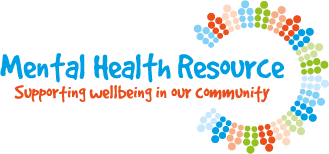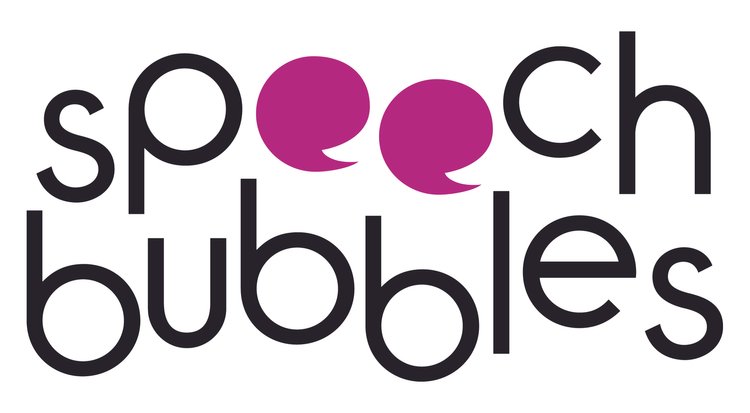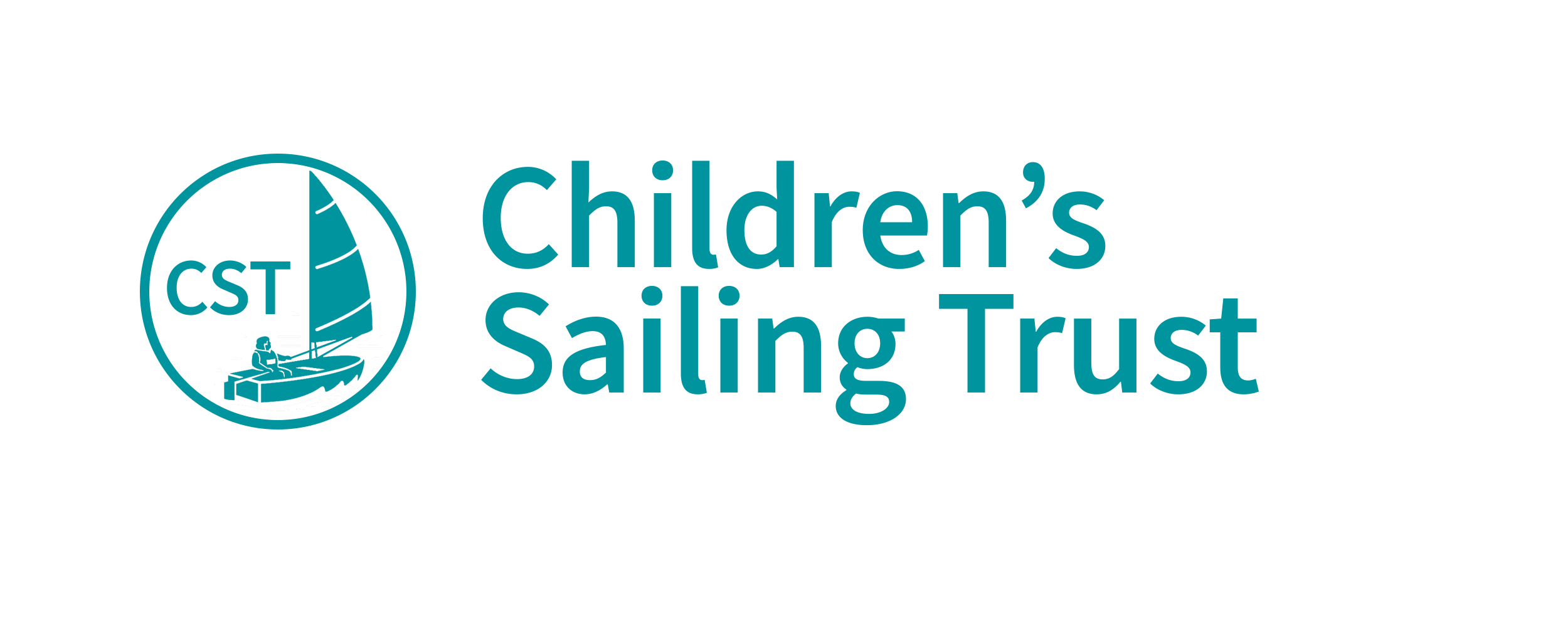The Grand Appeal
Music Therapy is a project that The Kenora Charitable Foundation has funded this year.
Claire is the Lead Music Therapist at St Michael’s Hospital and has kindly written a piece exploring the academic research behind the positive impact of music therapy on babies in Neonatal Intensive Care Units.

Kenora Charitable Foundation – piece from Claire, Music Therapist
Music therapy is a creative clinical intervention which uses music or musical elements to address an individual’s physical, cognitive, emotional, or social needs.
As a Specialist Music Therapist working in the Neonatal Intensive Care Unit at St Michael’s Hospital, I work with babies from across the South West and South Wales who are born early or sick. I also work with their families as they navigate the many difficulties that come with having a new baby in hospital.
Babies in Neonatal Intensive Care face a unique set of circumstances. Due to their physical challenges, they are exposed to numerous medical procedures and other stressors, such as unfamiliar sounds and artificial lights, which are essential to their medical treatment but can cause them distress. As music therapists, we support the baby and family through this difficult stage by playing music, creating sounds, and singing songs to soothe and calm.
There is a growing body of evidence to demonstrate the profoundly positive impact that music therapy approaches can have on the Neonatal Intensive Care ward. Studies have shown music therapy approaches in this setting to:
- Stimulate the sucking reflex required for effective infant feeding (Standley, 2000)
- Decrease infant heart rate and increase oxygen saturation (Brown 2023)
- Reduce infant and parental stress (Kraft et al., 2021)
- Stimulate functional brain connectivity and positively impact neuro-cognitive development (Lordier et al., 2019)
- Such is the power of music therapy; studies have even shown that it can reduce the time a baby spends on NICU (Walworth et al., 2012).
In addition to physiological benefits, a key focus of my work in NICU is to support the attachment and early development of each baby while they are in hospital, particularly those who have long-term admissions.
Music therapy can help to achieve this by supporting parents to use their voices to bond with their baby, particularly when the baby cannot be held due to life support wires and tubes that deliver medication and feeds. These early connections are essential for attachment and can be disrupted within the clinical environment of the hospital. Auditory interactions can calm and connect parents and babies, helping to build healthy bonds that are so critical to early development.
And it isn’t just the baby that benefits from our sessions. Music therapy can also empower parents and support them to engage in infant-directed singing and speech. It is therefore unsurprising that research suggests music therapy can also have a beneficial impact on parental anxiety (Kraft et al., 2021).
Despite music therapy being widely recognised as a positive intervention for babies and families in Neonatal Intensive Care, there is very little NHS funding available to deliver it. As a result, many NICUs are unable to benefit from this crucial service and all that it can offer. I am therefore hugely grateful to the Kenora Charitable Foundation for supporting The Grand Appeal, so that we can deliver music therapy here at St Michael’s Hospital. Thank you.
References
Brown S et al. (2023) Physiological effects of music therapy in neonatal intensive care setting: An observational study. Advances in Integrative Medicine 10(1):29-33
Kraft KE, Jaschke AC, Ravensbergen AG, et al. (2021) Maternal anxiety, infant stress, and the role of live-performed music therapy during NICU stay in The Netherlands. Int J Environ Res Public Health 18(13):7077.
Lordier L, Meskaldji DE, Grouiller F, et al. (2019) Music in premature infants enhances high-level cognitive brain networks. Proc Natl Acad Sci USA 116(24):12103-8.
Standley JM. (2000) The effect of contingent music to increase non-nutritive sucking of premature infants. Journal of Pediatric Nursing 26(5):493-8.
Walworth D et al. (2012) Effects of neurodevelopmental stimulation on premature infants in neonatal intensive care: Randomized controlled trial, Journal of Neonatal Nursing 18(6):210-216.













